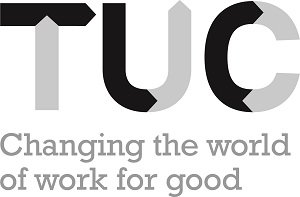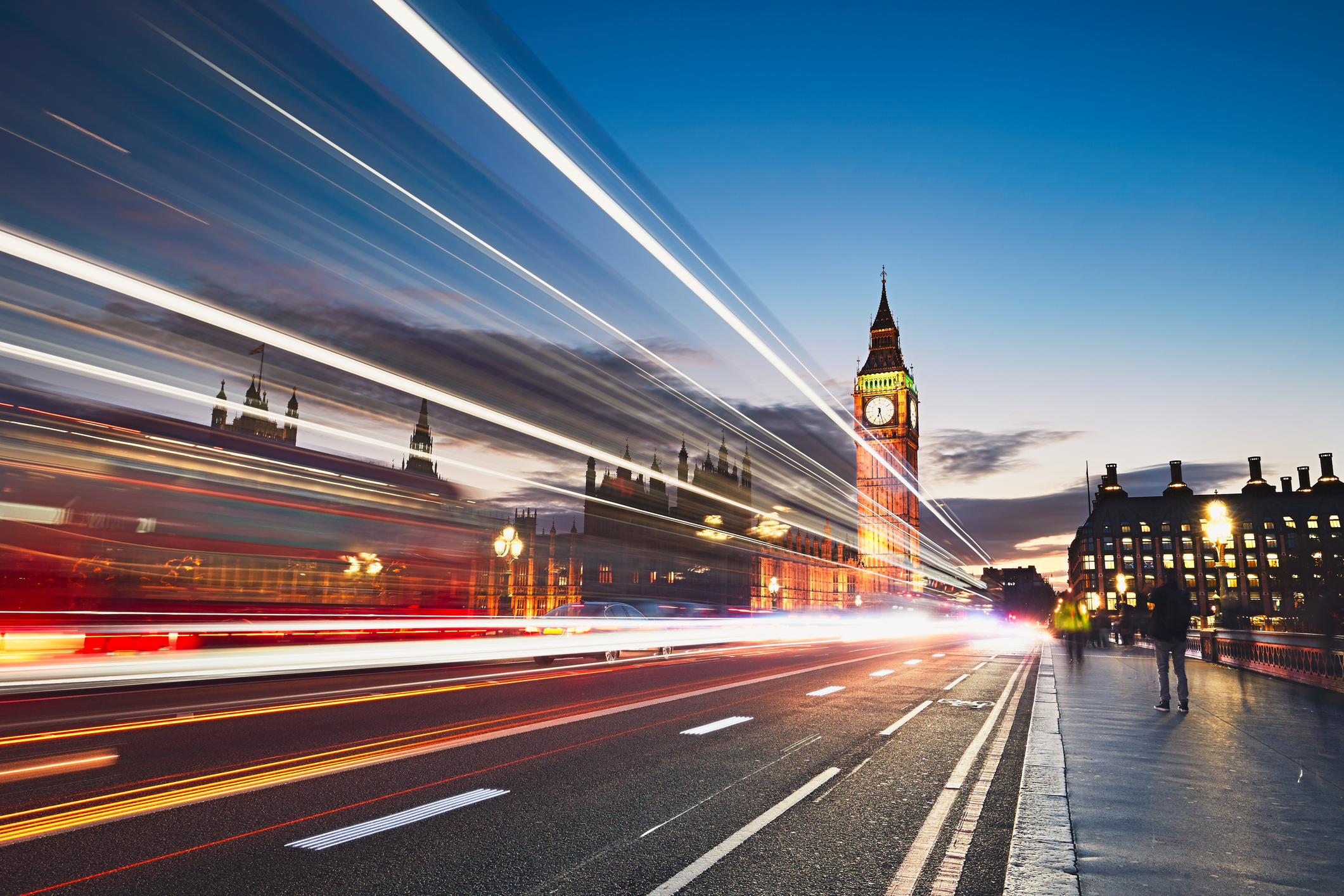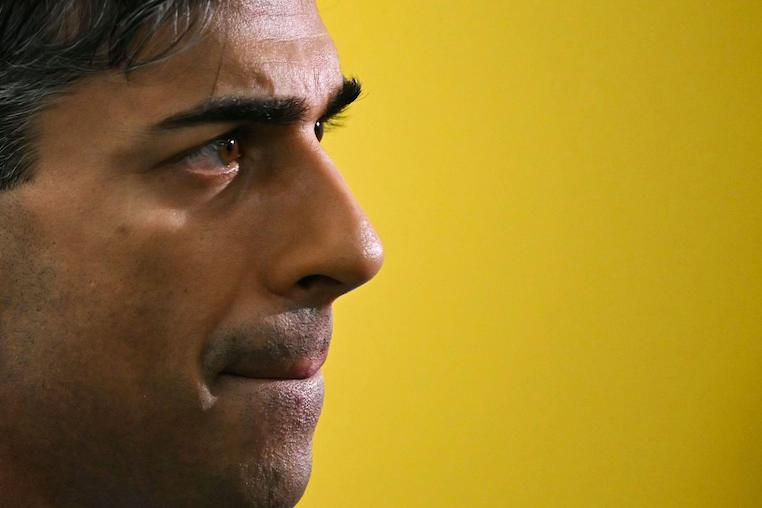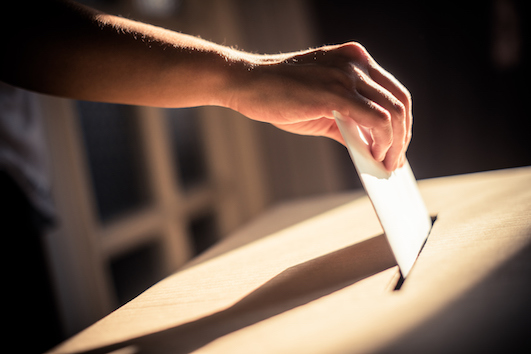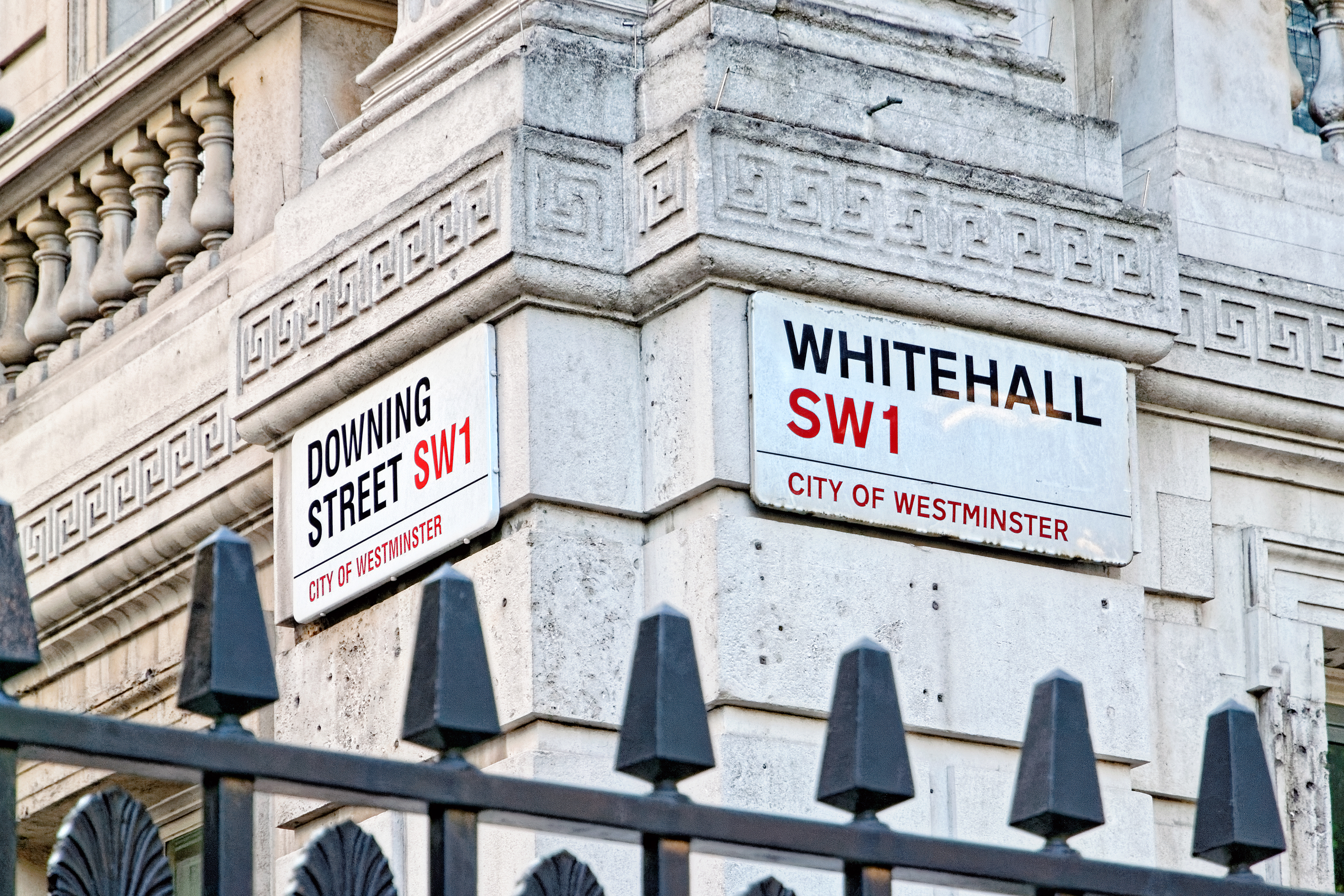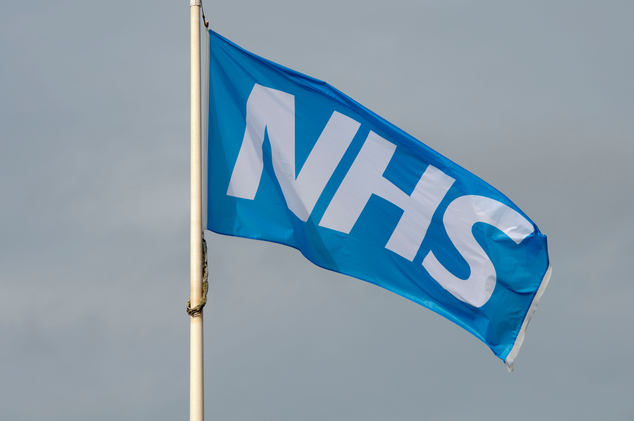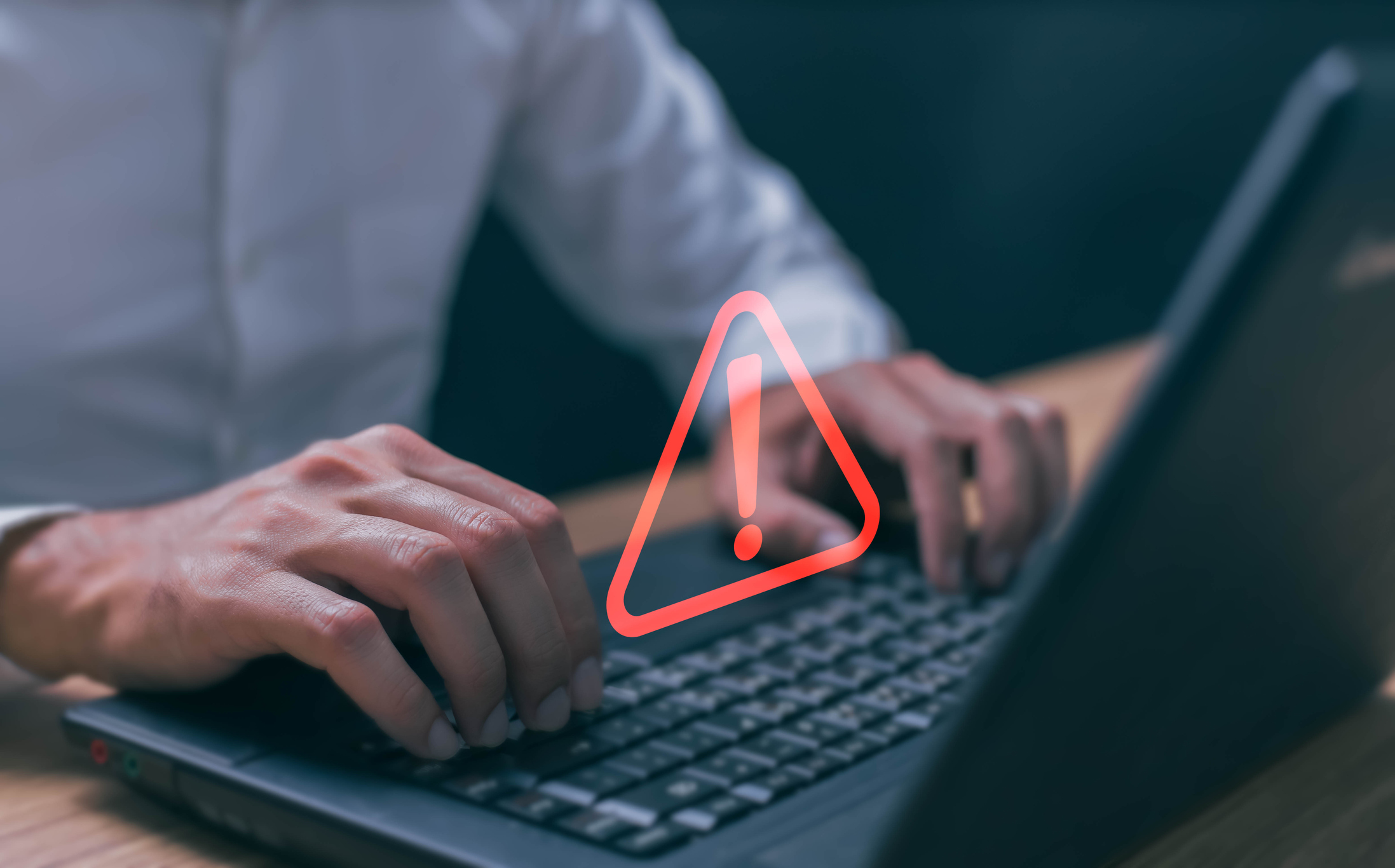What are Civil liberties?
Civil liberties are basic rights and freedoms granted to citizens of a country through national common or statute law.
They include freedom of speech, freedom of movement, freedom from arbitrary arrest, freedom of assembly, freedom of association and freedom of religious worship.
Such fundamental rights and freedoms form the basis of a democratic civil society and are often denied to those living in a dictatorship.


Civil liberties are distinct from human rights in that the latter are universal rights and freedoms to which all people throughout the world are deemed to be entitled; however, the two often converge.
While human rights are unalterable, civil liberties can be taken away or limited.
As the COVID pandemic has made clear, there are circumstances in which civil liberties can and must be restricted. However, while our civil liberties can be altered in times of crisis, our human rights remain exactly the same.
Historic civil liberties were constrained during the 2020/21 coronavirus pandemic..
Public Order Bill
In May 2023, the government passed a new Public Order Bill. The bill grants police new powers to allow them to take a more “proactive” approach to disruptive protests.The bill now makes it a criminal offence to prohibit people from ‘locking on’ to buildings, objects, or other people, thereby causing serious disruption to people’s lives, businesses, and emergency services. “Locking on” penalties could involve up to six months in prison. It also plans to make it specifically illegal to disrupt key infrastructure such as rail (including HS2) and airports,which could carry sentences of up to 12 months in prison.
The Bill was motivated by the disruption caused by Just Stop Oil protestors, who glued themselves to the top of trains and dangled from the Queen Elizabeth II bridge at the Dartford Crossing, causing it to temporarily close.
Defending the Bill in the House of Commons, then Home Secretary Suella Braverman famously said, “Yes, I’m afraid, it’s the Labour Party, it’s the Lib Dems, it’s the coalition of chaos, it’s the Guardian-reading, tofu-eating wokerati, dare I say, the anti-growth coalition that we have to thank for the disruption that we are seeing on our roads today.”
The Bill would stop demonstrators from holding the public “to ransom”, Braverman added.
Achieving royal assent just a few days before Charles III’s coronation, the new powers from the Bill were used to make32on suspicion of conspiracy to cause a public nuisance, and to seize “lock-on devices” – which protestors can use to secure themselves to things like railings.
On the arrests, Graham Smith, the leader of the anti-monarchist group, Republic, said“We no longer have the right to protest. Our protest is a freedom which is contingent on political decisions made by senior police officers and members of the government.So, if they wish to stop a protest from carrying on, they have now the means to stop it without any serious evidence or concern.”
Mr Smith added, “The law is so broad and their power so ill-defined, they can simply decide to stop a protest”.
After the passing of the Bill, Labour refused to say whether it would scrap the law if it formed a government. Andrew Gwynne, the shadow public health minister, told Sky News that a Labour government would “look very carefully at this legislation” and that police appeared to have been “heavy-handed” in their approach on Saturday.
Green MP Caroline Lucas said, “If Labour isn’t going to stand up for fundamental human rights, then that is really chilling and we’re in a very serious place”.
Ms Lucas added, “If Labour gets the majority they tell us they’re on course for, they could overturn this in a day. If they’re a minority government they can be very sure that the smaller parties will back them. The bill is deeply illiberal and we’ve seen the danger of it over this last weekend.”
In response to the passing of the Bill, the human rights group Amnesty International said, “Chilling laws like the Public Order Bill risk the UK slipping further towards authoritarianism”.
They continued, “Protest is fundamental… the UK has a long and proud history of protest… Today, those in power don’t want to be held to account. They want to muzzle discontent and stop everyone’s ability to hold the powerful to account.”
Civil liberties and Coronavirus
In exceptional circumstances governments will step in to restrict the civil liberties of their citizens so to promote their and society’s safety; this is the optimistic view, at least.
In March 2020, the government introduced and began enforcing national ‘stay-at-home’ ‘lockdowns’ designed to break the chains of transmission of a novel Coronavirus: COVID-19. By one year later, the government had enforced 3 national lockdowns as well as several ‘local lockdowns’ across Britain. The government was given such powers through the UK Coronavirus Act 2020.
Countries across the world with authoritarian leadership have used the pandemic to justify further crackdowns on civil liberties. For example, President Orban in Hungary has used COVID as a shield to pass emergency laws that give him the power to rule by decree.
The organization, Freedomhouse.org argues that ‘Governments have responded [to COVID-19] by engaging in abuses of power, silencing their critics, and weakening or shuttering important institutions, often undermining the very systems of accountability needed to protect public health’. They suggest that global democracy has grown weaker in 80 countries during the COVID-19 pandemic.
This suppression of civil liberties in the UK specifically has been criticised by civil liberty campaign groups as going too far and for too long. Liberty UK relates: ‘The Government’s response to the pandemic has left some people behind. It’s time for a fresh approach, one that prioritises support and human rights, so that everyone is protected during this public health emergency’.
Under lockdowns – local and national – police have been granted extensive powers to break up meetings, stop protests and issue fines. The act also includes potential jail terms for anyone spreading ‘misinformation and fake news’.
The Coronavirus Act 2020 has proved immensely controversial in its capacity to restrict civil liberties. The Act requires parliamentary renewal every six months, Labour MP Chris Bryant argued it should be 30 days – and Liberal Democrat leader, Ed Davey, also suggested the bill should be subject to more frequent parliamentary scrutiny. Conservative backbencher Steve Baker reluctantly supported the bill but said that it was ushering in a ‘dystopian society’.
In response to the bill, Liberty UK said the government is ‘prioritising punitive measures in its response to the public health crisis’.
According to critics, vaccine passports as one response to the coronavirus pandemic, also threaten the British public’s civil liberties. This prospective scheme would require Britons to give the state our medical information. Those without passports, or the correct/information within them, could be ejected from pubs, restaurants or frozen out of social activity.
In early 2021, the government defended the potential proposal on the basis that it is important to know the medical/vaccine status of the population in order to safely relax ‘lockdown’ measures.
History of civil liberties in the UK
1215-c.1950
In the UK the concept of civil liberties has evolved over several centuries through conventions, legal precedents and legislation.
The Magna Carta, drawn up in 1215, is usually cited as the first piece of legislation to guarantee certain liberties and individual rights, although its primary purpose at the time was to limit the power of the tyrannical King John by establishing that the monarch was also subject to the rule of law.
Of the original clauses, only three remain valid. The first supports the freedom, rights and liberties of the Church of England; the second confirms the liberties and customs of the City of London and grants liberties and customs to other cities, boroughs and towns. The third remaining clause is the most well-known. Originally written in Latin a modern translation reads:
“No free man shall be seized or imprisoned, or stripped of his rights or possessions, or outlawed or exiled; nor will we proceed with force against him except by the lawful judgement of his equals or by the law of the land. To no one will we sell, to no one deny or delay right or justice.”
It is this clause which has been interpreted widely as confirming the right to trial by jury and habeas corpus, and its influence is seen in various pieces of subsequent legislation including the United States Constitution.
The Bill of Rights 1689 -“An Act declaring the Rights and Liberties of the Subject, and settling the Succession of the Crown”– further limited the power of the monarch and established the supremacy of Parliament.
Its clauses include provisions for free parliamentary elections, for parliaments “to be held frequently” and for freedom of speech within Parliament (parliamentary privilege). In relation to the courts, the bill stated that “excessive bail ought not to be required, nor excessive fines imposed, nor cruel and unusual punishments inflicted.”
The Bill of Rights, which was drawn up at the time of the accession of William and Mary, remains in force today. Like Magna Carta, its influence can be seen in other legislation relating to the rights and freedoms of individuals, in particular the US Bill of Rights 1789, and also the UN Declaration of Human Rights adopted by the General Assembly in 1948, and the European Convention on Human Rights (ECHR) in force 1953, which includes both human rights and civil liberties.
The UK helped draft and is a signatory to the ECHR (formally the Convention for the Protection of Human Rights and Fundamental Freedoms) which is a binding international agreement. Signatories undertake to protect rights and freedoms within their own countries. Residents of these countries who have a grievance under the terms of the Convention may take their case to the European Court of Human Rights (ECHR) in Strasbourg.
New Labour reforms (1997-2010)
This process of taking a case to the EHCR had often proved to be extremely lengthy and expensive. Consequently, the Labour government introduced the Human Rights Act 1998 (in force 2000) which made rights from the Convention enforceable in UK courts, thus negating the need to petition the ECHR.
However, the Labour government elected in 1997 was frequently accused of running a “nanny state” and by the time of the 2010 general election, criticisms increased to more serious accusations of excessive state interference and state control, infringements of civil liberties and a gradual erosion of the political rights of the individual.
One of the main concerns was the enormous number of new criminal offences brought in by Labour. Between 1997 and 2009, 4,289 new criminal offences were created, approximately one for every day the party was in power; and the number continued to increase, rising from 27 new offences a month under Tony Blair, to 33 a month under Gordon Brown.
Several new laws passed under ‘New Labour’ were ridiculed for their absurdity; for example, it was made an offence to offer for sale a game bird killed on a Sunday or Christmas Day; or to swim in the hull of the Titanic without the permission of a Cabinet minister.
The Liberal Democrats roundly condemned this “frenzied approach to law-making” and accused Labour of having “an obsession with controlling the minutiae of everyday life.”
The government’s proposed introduction of ID cards together with an accompanying national identity register was widely opposed, as was the increased retention of data on the DNA national database, particularly the decision to store the DNA of large numbers of innocent people.
Further concerns about infringement of civil liberties were raised by the passing of the Regulation of Investigatory Powers Act 2000 (RIPA), dubbed the “snoopers’ charter”.
The Act created a regulatory framework to govern the way public bodies, such as the police and security and intelligence services, operated. It allowed the use of covert techniques when investigating terrorist threats and other serious crimes. The government-stated purpose was to ensure investigatory powers are used in accordance with human rights.
These powers are: the interception of communications; the acquisition of communications data (e.g. billing data); intrusive surveillance (on residential premises/in private vehicles); covert surveillance in the course of specific operations; the use of covert human intelligence sources (agents, informants, undercover officers); and access to encrypted data.
Initially, only nine organisations were allowed to use RIPA powers and attempts by the Government in 2002 to extend their use to hundreds more public bodies were defeated by civil liberties campaigners and cross-party MPs. Nevertheless, the number of public bodies using covert surveillance continued to grow.
In 2009, the Liberal Democrats reported that 795 bodies, including all 475 local authorities, were allowed to use RIPA powers, with councils using covert techniques originally designed to prevent terrorism, to “spy” on individuals suspected of trivial offences such as cases of dog fouling or checking whether a person resides in a school catchment area.
A Lords Select Committee recommended in 2009 that the Government introduce a system of judicial oversight for surveillance carried out by public authorities, and that compensation be made available to those subject to unlawful surveillance. The committee also urged the Government to take steps to ensure that these powers were “only exercised where strictly necessary, and in an appropriate and proportionate manner.”
There also were numerous other measures introduced by Labour, claimed as necessary to fight the so-called “war on terror” and maintain national security, which were seen as a serious threat to civil liberties.
At the same time, in 2000, Tony Blair’s government introduced the Freedom of Information Act (FOIA) which provides members of the public with a right to request access to information held by public authorities or by persons providing services for them. These public bodies include government departments and local assemblies, local authorities, health trusts and hospitals, schools and colleges, and the police.
The Equality Act 2010 is also intended to protect civil liberties by prohibiting discrimination, harassment and victimisation in relation to nine protected characteristics: These are – age, disability, gender reassignment, marriage and civil partnerships, pregnancy and maternity, race, religion or belief, sex, and sexual orientation. Unfair treatment is prohibited in the workplace, when providing goods, facilities and services, when exercising public functions, in the disposal and management of premises, in education and by associations (such as private clubs).
Coalition/Conservative governments (2010-present day)
Following the 2010 General Election, the coalition government said it believed the British state had become “too authoritarian” and promised to “implement a full programme of measures to reverse the substantial erosion of civil liberties and roll back state intrusion.”
The coalition government committed to New Labour’s 2000 Freedom of Information Act (FOIA), and extended the number of public bodies covered by the provision in 2011. According to the Ministry of Justice, the FOIA “is key to the Government’s wider transparency agenda….and the increased accountability it brings is also important to the Government’s work to protect civil liberties”.
The Coalition’s Protection of Freedoms Act passed in May 2012 included a new framework for police retention of fingerprints and DNA data, a code of practice for surveillance cameras and a new regime for police “stop and search”.
The Government also established an independent Commission to investigate the possible creation of a new UK Bill of Rights which would “incorporate and build on all our obligations under the European Convention on Human Rights, ensure that these rights continue to be enshrined in UK law, and protect and extend our liberties”. However, almost ten years later, no government has yet introduced a UK Bill of Rights.
However, not all concerns on individual liberty were addressed by the Coalition, and an alleged “new’ ‘snoopers’ charter” reared its head in the form of the Draft Communications Data Bill published in June 2012. The Bill proposed to allow security services access to all communications data – i.e. records of all emails, texts and phone calls – and for communications service providers (CSPs) to collect the data which will be stored for 12 months.
The proposals attracted widespread criticism from a variety of sources. Liberal Democrat MP Julian Huppert warned: “The Home Office will have to satisfy Liberal Democrats – and others – that existing safeguards are being strengthened, that any extensions to collection powers really are necessary and are proportionate, and that any changes represent increased rather than weakened protection for civil liberties. If they can’t, then this will simply not pass”.
The 2012 proposal were dropped, but in 2015, then-Home Secretary Theresa May announced a new investigatory powers bill. This, again, was dubbed the “new snoopers charter”. The Investigatory Powers Act of 2016 greatly expanded electronic surveillance powers of the British intelligence agencies. Civil liberties pressure group, Liberty, has made getting rid of the Investigatory Powers Act 2016 one of their key campaigns – and even sued the government for its repeal. In 2019, a British court ruled against Liberty saying the ‘bulk powers’ of the Act don’t breach privacy and free expression rights. The organisation is appealing against that decision. The 2016 Act was justified on the basis of safety and security.
The right to protest and the policing of protests is another issue which constantly raises questions about infringements of civil liberties.
The Police, Crime, Sentencing and Courts Bill 2021 prompted serious concerns about how it might impact the natural rights of communities and citizens to make their voices heard through the use of peaceful protest. According to the government this ‘legislation … enable[s] the police to deal better with protests in general’ and works to ‘broaden the range of circumstances in which police may impose conditions on a protest’. The act also increases prison sentences and gives police more powers of arrest over those peacefully protesting.
The pressure group, Friends of the Earth UK have said the act “also criminalises the lifestyle of Nomadic, Gypsy and Traveller communities and limits access to nature”.

